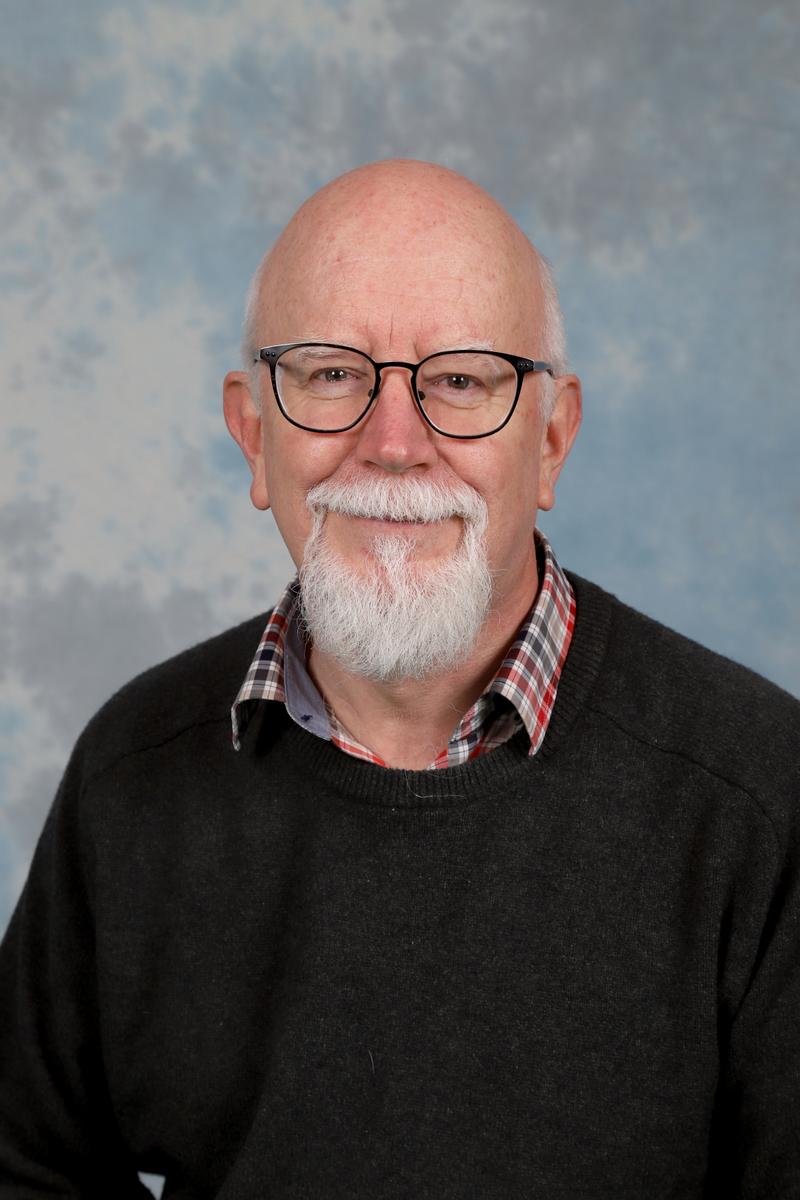Editorial
Dr Gerry Beimers - Administration Manager

Editorial
Dr Gerry Beimers - Administration Manager


As this will be my last editorial, I want to use it to encourage us all to live out the commitment in our acknowledgement of country. NAIDOC week happens in the school holidays (we’ll celebrate it in Term 3), it’s an opportunity to make a commitment beyond mere words, to the journey of healing, reconciliation, and restoration with our First Peoples.
MECS has a long history of successfully relating in friendship to aboriginal people from Yuendumu. And while we have this wonderful history on the far horizon – that for all sorts of reasons hasn’t been able to continue, we have much to do on our local horizon.
Let’s start with a key scripture regarding reconciliation. “All this is from God, who reconciled us to himself through Christ and gave us the ministry of reconciliation: that God was reconciling the world to himself in Christ, not counting people’s sins against them. And he has committed to us the message of reconciliation. We are therefore Christ’s ambassadors, as though God were making his appeal through us.” 2 Corinthians 5:18-20.
Just like National Reconciliation Week has its roots in a movement of prayer by the Church, NAIDOC week has its roots in the 1930s in the work of William Cooper a Christian Aboriginal leader in the Australian Aborigines' League.
As followers of Jesus, we know from 2 Corinthians chapter 5 that we are called to be people of reconciliation, so we of all people are equipped to extend a hand of friendship and solidarity to our First Peoples neighbours. I’d like to invite you into this in three ways.
Invitation One
One of my obstacles to reconciliation with our First Peoples is ignorance. My ignorance of our history (be that national or local), my ignorance of the pain people live with, my ignorance of the lasting impact of historic and current injustices. I’m not merely talking about ignorance of destructive things, but also ignorance of beautiful things such as art, environmental knowledge and linguistic diversity.
I’m fascinated by the fact that we have a building from the early 1900s here on campus (Hawkins Hut). Probably the first dwelling of European settlers on this property. We celebrate it. We have invested in maintaining it. There is even a heritage overlay over it. But I know next to nothing of the Wurundjeri people that probably camped here at times near the Olinda creek – or rather I should call it Nyurt bille-worrun. A name I was ignorant of until recently.
So, I invite you to eliminate your ignorance in relation to our First Peoples as much as possible.
Invitation Two
Let me circle back to 2 Corinthians 5:20 “…And he has committed to us the message of reconciliation. We are therefore Christ’s ambassadors, as though God were making his appeal through us.”
As ambassadors we do not represent ourselves, we represent an authority, in our case King Jesus. To represent Him well we need to know him and reflect what is important to him.
In the context of First Peoples reconciliation, the importance of humility springs to mind (see Philippians 2). The Kingdom of God has upside down values – “blessed are the poor in spirit, the meek, the merciful, the peace makers …" (Matthew 5). In telling us to “turn the other cheek” (Matt 5:39), Jesus is encouraging in us a posture that seeks to restore relationship. And we see a willingness to adapt in the life of the Apostle Paul when he said, “To the weak I became weak, to win the weak. I have become all things to all people so that by all possible means I might save some.” 1 Cor 9:22.
Since we seek the Kingdom of God in Education, let’s model to the children and young people of MECS and Ranges TEC the reconciliation that the Kingdom expects. So, I invite you to know how King Jesus wishes you to be an ambassador to Australia’s First Peoples.
Invitation Three
I also invite you to become people that ask the questions and listen to the answers in such a way that will contribute to reconciliation.
Recently I was chatting with Safina Stewart (Relationships and Storytelling Coordinator for Common Grace see www.commongrace.org.au), former MECS student and former MECS parent. Safina challenged me to think about the questions we need to be asking.
A few spring to mind:
My last word: I invite everyone in this school community to live out the commitment to healing, reconciliation and restoration by eliminating our ignorance, knowing how King Jesus wishes each of us to be an ambassador to our First Peoples, and asking the questions that will contribute to reconciliation.